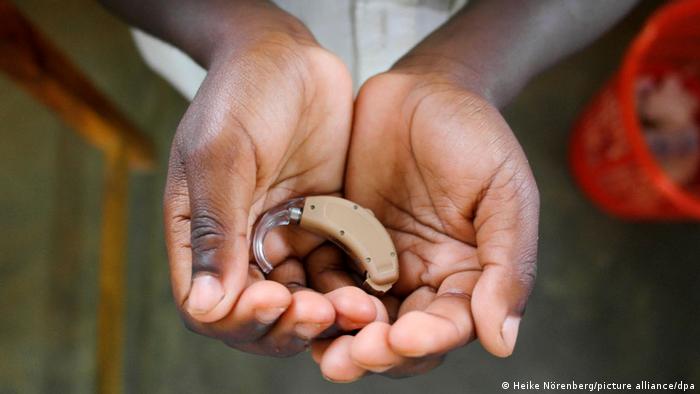AN urgent warning has been issued as temperatures plummet – leaving millions at risk of a silent killer.
Medics have found that extreme cold and warm weather can up your risk of death if you have underlying heart issues.
Researchers in the US found that heart failure was linked to the highest excess deaths from extreme hot and cold temperatures.
Cardiovascular diseases are often referred to as silent killers as many people are not aware that they are living with the conditions.
The paper, published in the journal Circulation, comes as Brits have been plunged into freezing temperatures.
Schools up and down the country have been closed, with commuter chaos ensuing after four inches of snow fell overnight in some parts of the country.
The experts in the US warned that extreme cold weather could have an impact on those living with illnesses such as ischaemic heart disease and heart failure – with an increased risk of death for some.
Experts found that heart failure was linked to the highest excess deaths from extreme hot and cold temperatures.
Co-author of the study, Haitham Khraishah, cardiovascular disease fellow at the University of Maryland School of Medicine and the University of Maryland Medical Center said the change in climate could be damaging to people’s health.
However, he added that the exact reason for the increase during a change in temperature was not clear.
“This may be explained by the progressive nature of heart failure as a disease, rendering patients susceptible to temperature effects.
“This is an important finding since one out of four people with heart failure are readmitted to the hospital within 30 days of discharge, and only 20 per cent of patients with heart failure survive 10 years after diagnosis.”;;
The experts looked at cardiovascular deaths on both the hottest and coldest days across 567 cities in 27 countries on five continents.
For every 1,000 cardiovascular deaths, the researchers found that extreme cold days accounted for 9.1 additional deaths.
This is while extreme hot days accounted for 2.2 additional deaths.
Heart failure had the greatest number of deaths, accounting for 12.8 additional deaths on extreme cold days.
This is compared to 2.6 additional deaths on extreme hot days.
“One in every 100 cardiovascular deaths may be attributed to extreme temperature days, and temperature effects were more pronounced when looking at heart failure deaths,”;; Khraishah added.
According to the British Heart Foundation (BHF), heart and circulatory diseases are responsible for 160,000 deaths each year in the UK.
That’s on average 460 deaths each day or one every three minutes.
There are around 7.6 million people living with a heart or circulatory disease in the UK, four million men and 3.6 million women, the experts said.
In the US, around 697,000 people die of heart disease each year, the Government states.




